Hey UST Chemists – I have some good news and bad news for you:
The bad news is that we noticed today that our subscriptions to ACS Web Editions and its sister resource: ACS Legacy Archives, are currently experiencing technical difficulties. Logging in still works, but searches currently yield no results. As much as I would like to say that this is good news (is the ACS trying to tell us that nothing has been published on any topic yet, so the door is wide open?), clearly there is a problem.
The good news is that there is a work-around: you can also search for (and access!) ACS content via our SciFinder database.
To do so, simply log into SciFinder (if you don’t have an account, UST students, faculty, and staff ONLY can register for one here).
Search for your topic in the “reference search” area. When you find an article in an ACS publication, click on the hyperlink to “View Link to Other Sources.”
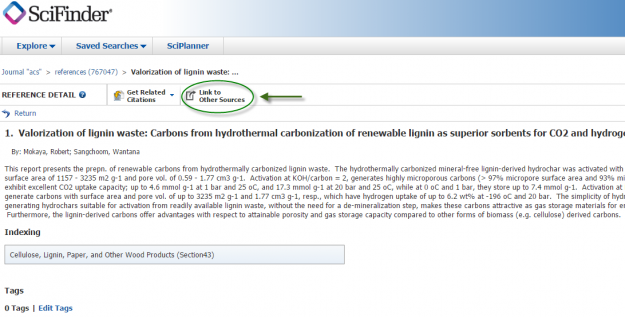
On the next screen, click on the “Get It @ UST Libraries” hyperlink.

That will bring you straight to the article in ACS Web Editions, as usual.
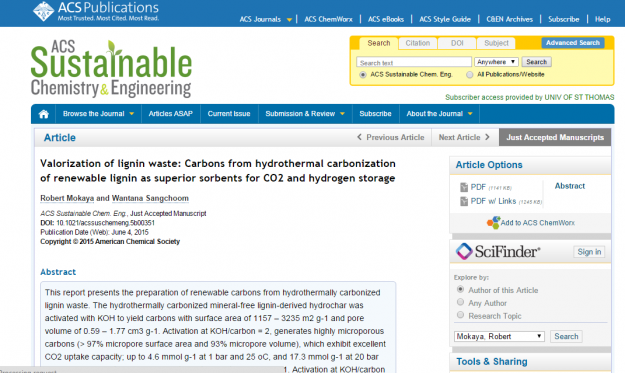
We have been told that the issue is being worked on and should be resolved soon. I will be sure to update this page as soon as I hear an all-clear. In the meantime, thank you for your patience and please let me know if you have any questions or comments.
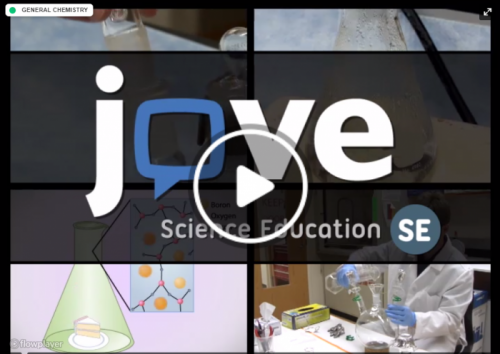





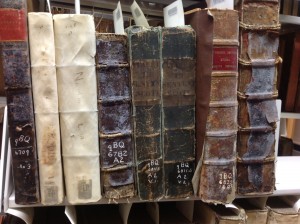
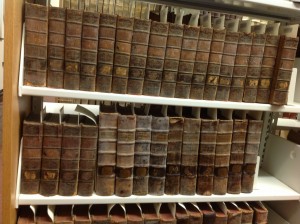
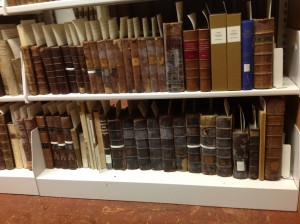

 Let’s say you barely made it through high school biology and now you’re faced with college biology. Well, have no fear! We got sources that’ll explain science things for non-science majors.
Let’s say you barely made it through high school biology and now you’re faced with college biology. Well, have no fear! We got sources that’ll explain science things for non-science majors.